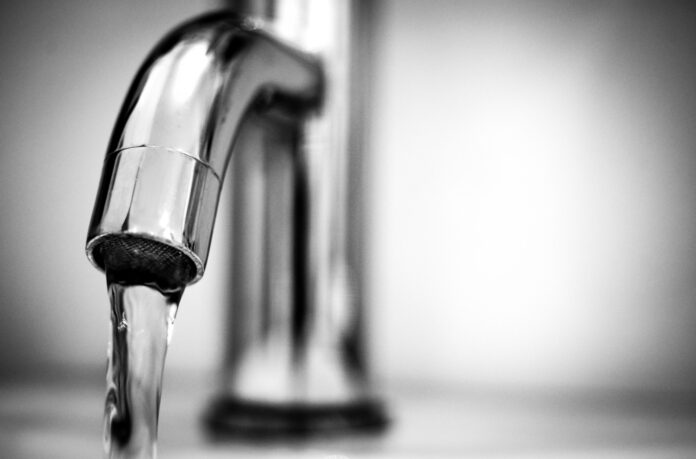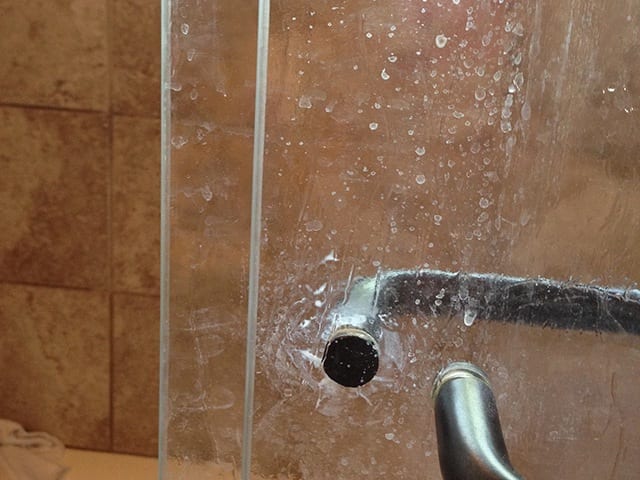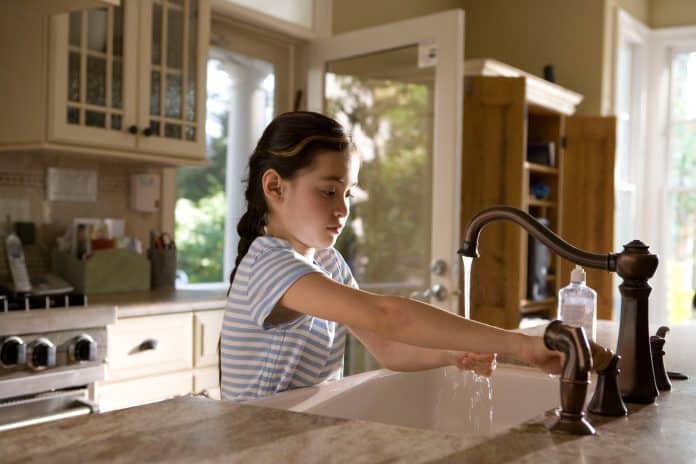
The importance of water in our daily lives is undeniable. It’s not just about quenching thirst or maintaining hygiene; water also plays a significant role in several household chores and activities.
However, our water quality varies significantly depending on various factors, including our geographical location, water source, and water treatment processes. Arizona tap water, for example, is known for its high hardness level, which remains high despite being processed through the municipality’s water systems.
While hard water isn’t generally classified as a health hazard, it can have many implications for our health and homes. In this article, we will explore these issues, providing a holistic understanding of the impact of hard water on homeowners.
Phoenix Water Conditions: A Prime Example

Phoenix is known for having some of the hardest water in the United States, with a hardness level often exceeding 15 grains per gallon (GPG)—well above the threshold of 10.5 GPG, which is considered very hard water. This is because the city’s water supply primarily comes from surface water sources, such as the Salt, Verde, and Colorado Rivers, which pick up minerals as they traverse the land.
The water then undergoes treatment processes that do not remove hardness-causing minerals such as calcium and magnesium. This high mineral content not only affects the taste of the water but also leads to scale build-up in pipes and appliances, soap inefficiency, and potential skin and hair dryness. As a result, many Phoenix residents opt for water-softening solutions to mitigate the effects of hard water in their homes.
This serves as a great example of how water hardness can pose a significant enough issue to require intervention.
Health Effects of Hard Water
Hard water is often associated with a variety of health effects, some of which can be beneficial, while others can lead to minor inconveniences. On the positive side, the minerals found in hard water, such as calcium and magnesium, are essential for human health.
They play a crucial role in maintaining bone strength, ensuring heart health, and facilitating numerous metabolic processes. Some studies even suggest a potential protective effect of hard water against cardiovascular disease, although this finding warrants further investigation.
On the flip side, hard water can also cause minor health issues, especially for individuals with sensitive skin. The surplus of minerals in hard water can lead to dryness, and irritation, and can exacerbate conditions like eczema.
Furthermore, hard water can hinder the thorough rinsing of soap from skin and hair, leading to residue build-up, which can, in turn, cause dry hair and scalp issues. In some cases, individuals might also experience mild gastrointestinal discomfort due to the high mineral content, although these instances are relatively rare.
Effects of Hard Water on Homes

The effects of hard water extend well beyond health, impacting various aspects of your home. A primary concern is the potential for limescale build-up in pipes and appliances that use water, including dishwashers, washing machines, and water heaters.
Over time, this accumulation can significantly reduce the efficiency of these appliances, increase energy usage, and shorten their lifespan. This can lead to costly repairs or replacements, impacting the overall maintenance budget of your home.
Hard water also has a noteworthy impact on laundry. It can make clothes feel stiff and cause their colors to dull over time. This is because the minerals in hard water interfere with the effectiveness of soaps and detergents, requiring you to use more than necessary. This not only escalates the cost of household maintenance but also impacts the longevity and appearance of your clothing.
Furthermore, hard water creates unsightly deposits on faucets, showers, and sinks. These deposits can be tough to clean, adding to your household chores. It can also affect the performance of your plumbing system, potentially causing blockages and reducing water flow, which can lead to inconvenient and expensive repairs.
Mitigation Measures: Protecting Health and Home
Given these potentially challenging effects, finding effective ways to manage hard water in your home is essential. Water softeners are the most commonly used solution. These units work by substituting calcium and magnesium ions with sodium or potassium ions, effectively reducing the hardness of the water.
Although there’s an upfront cost associated with installing a water softener, it can prove to be a cost-effective solution in the long run by improving the longevity of appliances and reducing detergent usage.
Another option is to install a water conditioner, which changes the properties of the minerals, preventing them from depositing as scale. Regular cleaning and descaling of appliances, using vinegar or special cleaning products to remove deposits, and opting for laundry and dishwashing detergents designed for hard water can also go a long way in managing the impact of hard water on your home.
Reversing Hard Water Damage

While prevention is the best way to deal with potential hard water damage, there are ways to undo some of the damage.
- If limescale has already formed on appliances, use a descaling agent or a solution of vinegar and water to dissolve it. Be sure to follow the manufacturer’s instructions when descaling appliances to avoid damage.
- Consider hiring a professional plumber to assess and address significant limescale build-up for plumbing.
- To reverse the effects on laundry, use washing additives designed to counteract hard water.
- For skin and hair, consider using moisturizers, conditioners, and shower filters to help mitigate hard water’s drying effects.
- Regular maintenance and appropriate water treatment can help keep your home running efficiently and avoid hard water damage.
Takeaway
While hard water is not detrimental to drinking and can provide beneficial minerals, its effects on skin, hair, appliances, and plumbing can pose considerable challenges. Implementing mitigation measures can help manage these impacts, ensuring a healthier living environment and a more cost-efficient home.
However, as with any significant home decision, conducting thorough research and consulting with professionals is essential to selecting the most suitable water treatment solution for your specific needs and circumstances. Understanding and addressing hard water’s effects can ensure optimal health and a well-maintained home.








